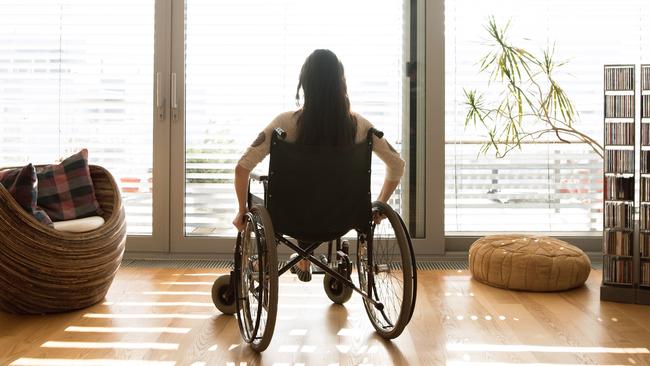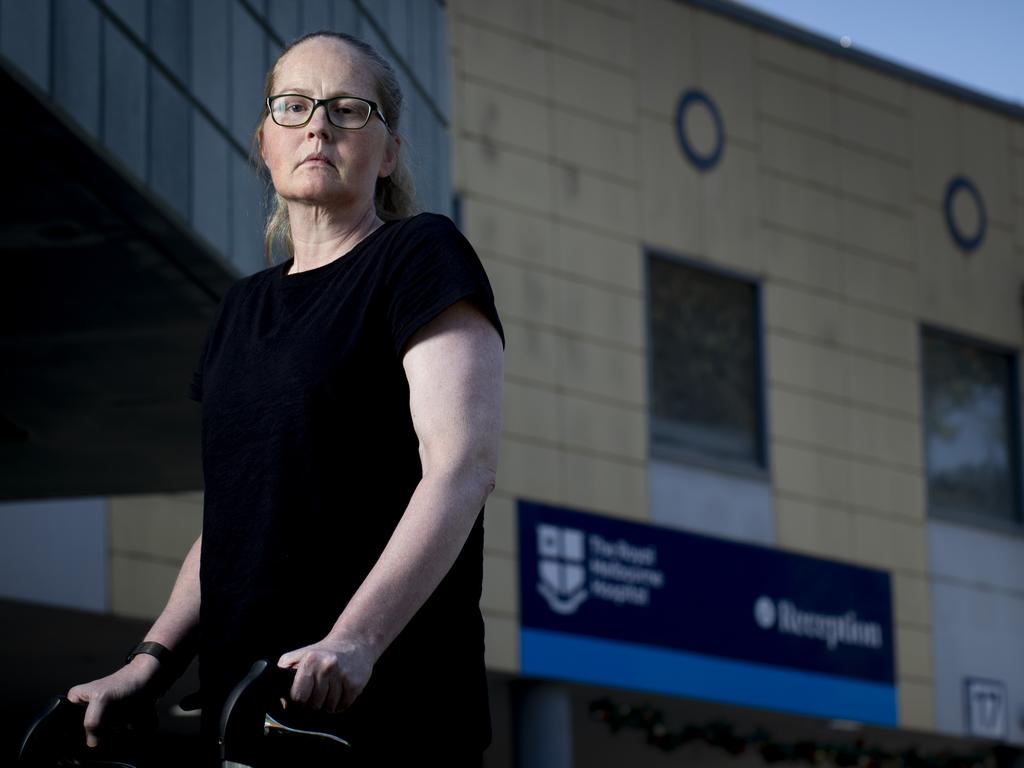Peak body calls for states to come to table on disability
The nation’s peak disability body has slammed states and territories for not yet striking an agreement on a new system of care for those with milder disabilities.

The nation’s peak disability body has slammed states and territories for not striking an agreement on a new system of care services known as foundational supports, as figures reveal the number of people being kicked off the National Disability Insurance Scheme with no such system yet in place skyrocketed after federal reforms last year.
The data, provided by the disability agency in response to questions on notice, showed that between July and September last year, nearly 12,000 letters were sent to NDIS participants informing them that their eligibility needed to be reassessed.
More than 50 per cent were found to no longer meet eligibility requirements. This compared to just over 4000 eligibility reassessments conducted between July and December in 2023.
The NDIA and government have maintained eligibility reassessments are not new, and that the only reason so many more letters were being sent was due to better resourcing of the agency and a new team of about 90 staff being allocated to the job.
Disability advocates have raised concern with any potential delay of foundational supports, which they expected to be rolled out from July, to support those with milder disabilities not eligible for the NDIS.
The tightening of access to the NDIS is part of a government commitment to rein in the growth of the $40bn-a-year scheme to 8 per cent annually.
People With Disability Australia this week said it was “deeply concerned” that state and territory governments were delaying the rollout of foundational supports, “at a time when NDIS reforms are restricting access and reducing supports available under the scheme”.
“People with disability are being squeezed from both sides. The NDIS is tightening access, reducing the supports available to many participants, and now states and territories are refusing to deliver the services they were always responsible for,” PWDA president Trinity Ford said.
PWDA also urged all federal election candidates to “publicly commit to a national system of properly funded, co-designed foundational supports and hold states and territories accountable”.
States and territories revealed last week that timing for foundational supports had not yet been agreed to, and would only be set when long-term agreements on hospital funding were reached.
Council for the Australian Federation and Tasmanian Premier Jeremy Rockliff reminded the federal government that it was the commonwealth’s responsibility to ensure the NDIS continued to “support people with disability during the development of foundational supports”.
The revelation from premiers that they had not agreed to the timing of foundational supports followed Anthony Albanese announcing his government would provide a single-year funding top-up of $1.7bn to state and territories and would resume negotiations on the five-year agreement after the Western Australian and federal elections had passed.








To join the conversation, please log in. Don't have an account? Register
Join the conversation, you are commenting as Logout